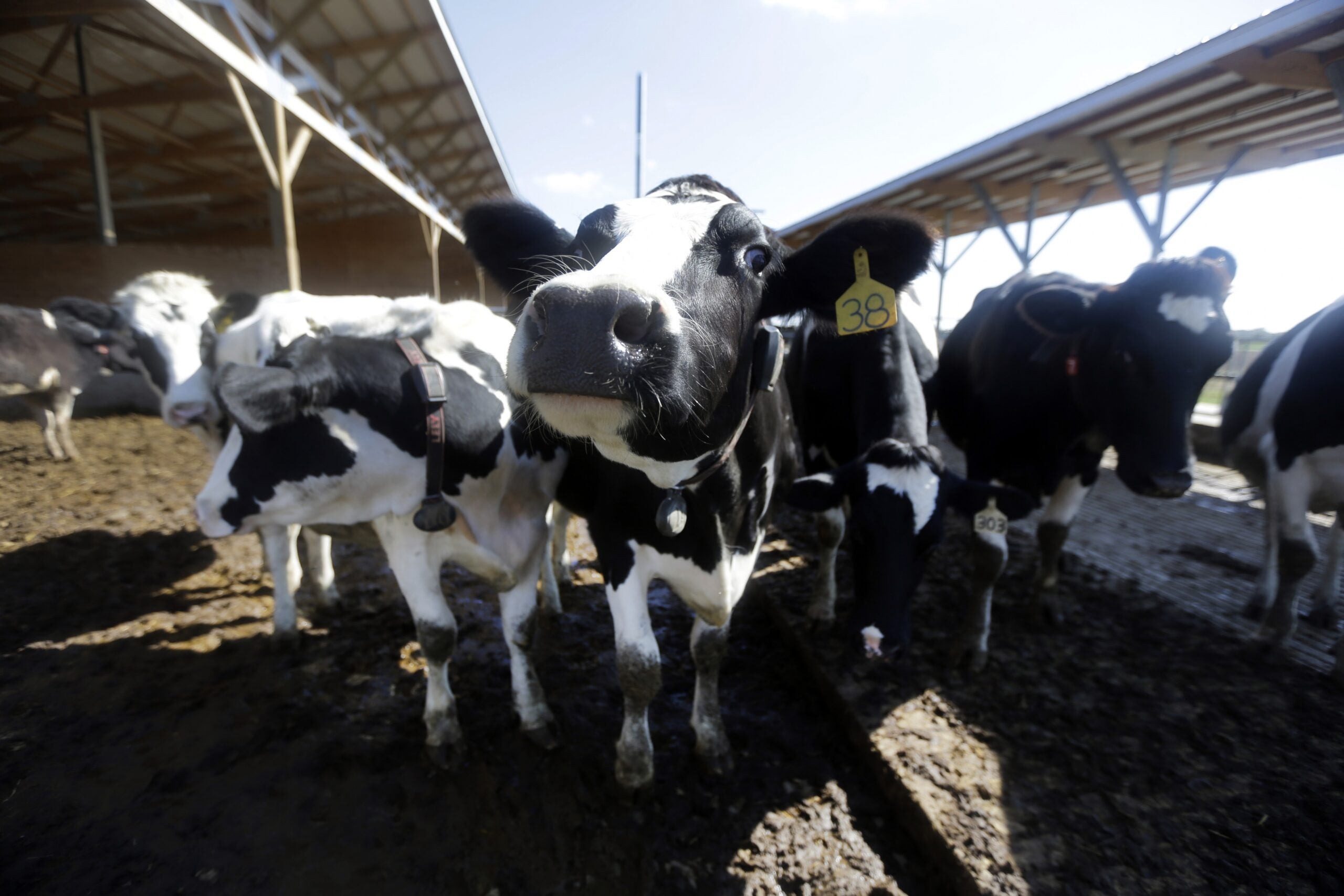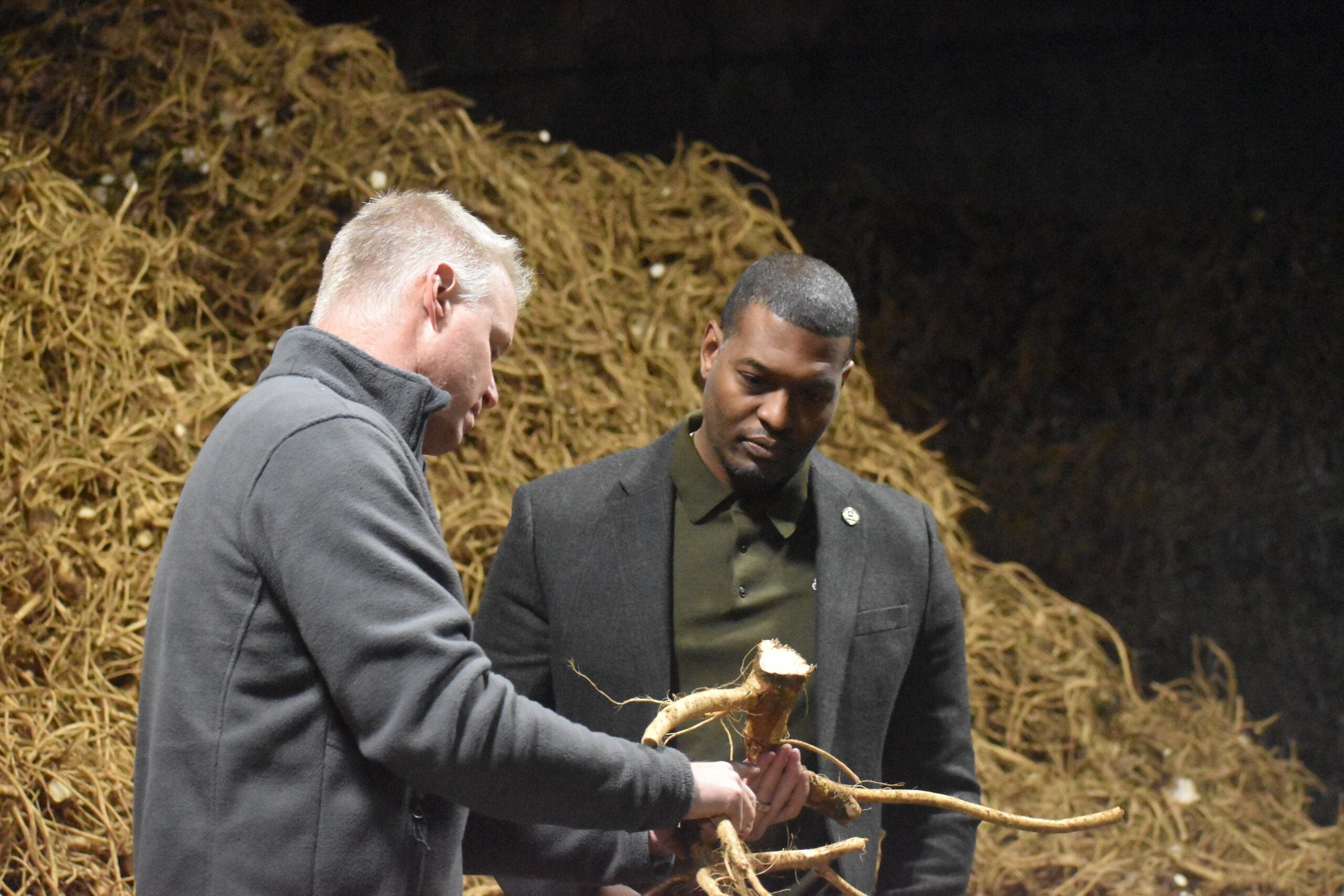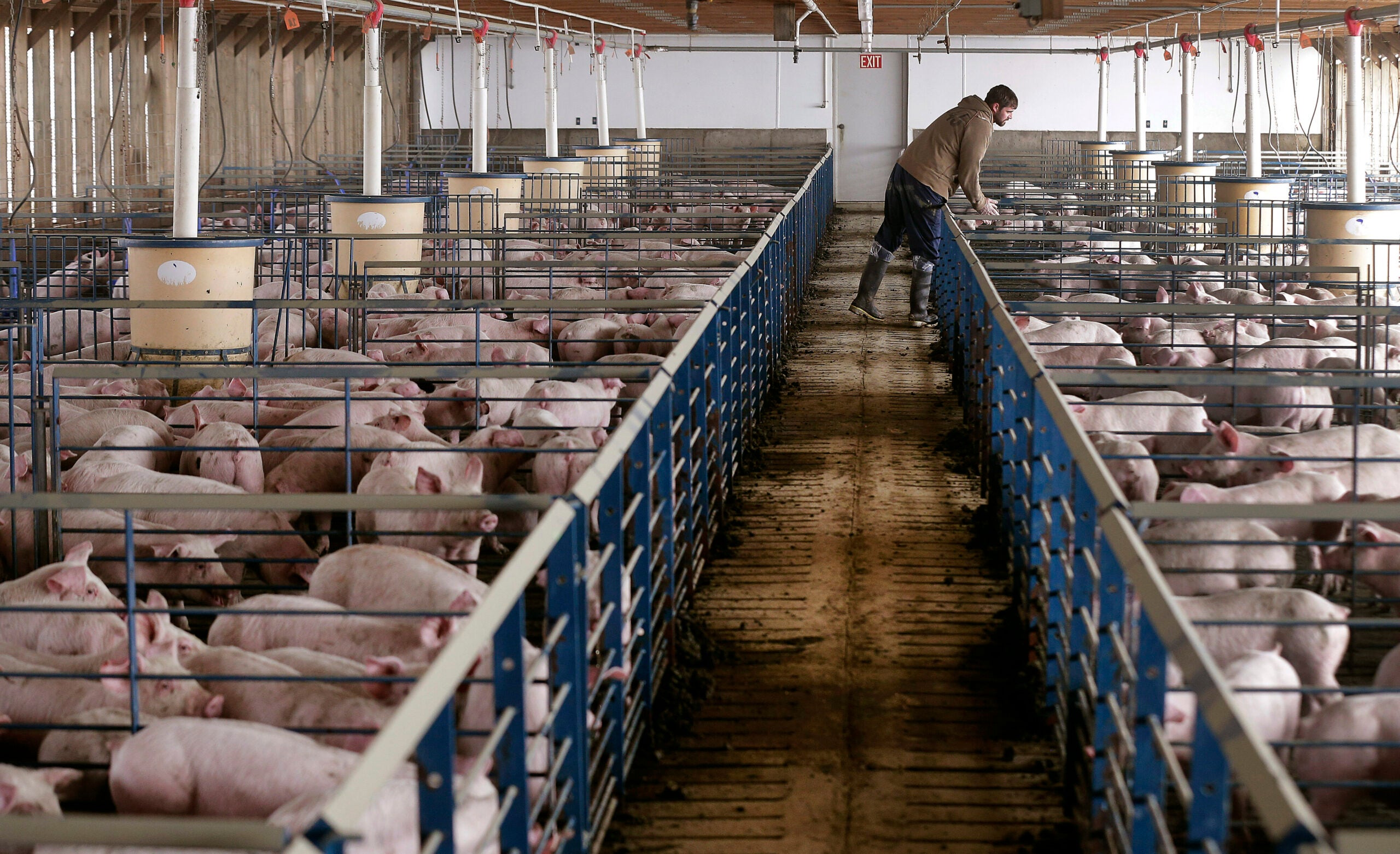Over 4,000 injuries occur on Wisconsin farms each year, many resulting in permanent disabilities. But there are many resources available to disabled farmers. Larry Meiller talks with folks from AgraBility of Wisconsin about what is offered.
Featured in this Show
-
Farming Is Dangerous, But Resources Can Help Those Injured
Wisconsin has such a rich tradition of farming, and our farmers tend the state’s land, they produce wonderful fruits, vegetables, meats and dairy products, and they are a major part of Wisconsin’s economy. But over 4,000 injuries occur on Wisconsin farms each year, many resulting in permanent disabilities.
In the entire United States, agricultural production is one of the most hazardous occupations with the highest disabling injury rate of any industry. In addition, farmers and their families also experience the same off-farm injuries as the general public and many chronic illnesses common in agricultural occupations. AgrAbility of Wisconsin is a cooperative partnership between The University of Wisconsin-Extension and Easter Seals Wisconsin to provide support and resources for disabled farmers.
Vicki Janisch is the Outreach Specialist with AgrAbility of Wisconsin. She says that the injuries they see fall under two main headings, chronic pain and illness, and injuries directly related to agricultural work. Most common are chronic pain, arthritis, back and joint pain, back injuries, amputations, and hearing and visual impairments.
AgrAbility provides resources, networking opportunities, advocacy, and direct assistance to disabled farmers. Their work includes connecting clients to low-cost loans or grants, health care, and vocational training and rehabilitation. One of the most important elements is assistive technology to help farmers keep doing their work. While AgrAbility doesn’t supply the equipment directly, they can connect clients with the right resources. Modifications can range from adding a set of extra tractor steps to completely redesigning a milking parlor.
Janisch emphasizes that each client’s needs are different. “Our program is not a cookie cutter program. It’s specifically tailored to each individual and they work on a one-on-one basis with our specialists … to talk about what the next steps are going to be and how we’re going to get them to a successful closure.”
Host Larry Meiller, from a farm family himself, notes that farmers are often the last people who want to ask for help. Janisch says that often the hardest part is to get them to pick up the phone that first time to find out what resources are available. It can be difficult for them to “acknowledge that they do need help” she says. “Farmers here in Wisconsin are very proud of what they do, they’re very passionate about the occupation that they have. And sometimes they’re a little reluctant to ask for help.”
Janisch feels that having a background in agriculture herself gives her a special opportunity to make those connections and break down some of those barriers. She often hears from clients later that they wish they had reached out years earlier. Janisch is glad that even if it was delayed, that they eventually got the help that they need and deserve.
Famer Lonnie Holthaus from Grant County agrees. He was helped by AgrAbility after an episode of Guillain-Barré syndrome, which put him a wheelchair for two years. He was hesitant to ask for help, and he says that many farmers don’t think of themselves as disabled, even when they are. “’I’ve got a bad knee, a bad hip’ … they just accept it and deal with it.”
But Holthaus wants other farmers to know that they don’t have to try and live with it. And especially that there’s no shame in taking advantage of available resources. Rural Rehabilitation Specialist Bruce Whitmore really got through to Holthaus when he said “Don’t consider this a handout. We want you to work, we don’t want you on disability.” Holthaus says that hearing it framed in that way made sense to him. “Because I didn’t want to be on disability either,” he says.
Holthaus continues, “we don’t need farmers who want to farm, want to work, not being able to.” And it’s not just that individual famer who benefits. It’s his or her family, their community, and really, the economy as a whole.
AgrAbility has an admirable track record to point to. Since 1991 they have served over 2,000 clients with a 97% success rate. That means that 97% of their clients continue to farm after services are provided.
AgrAbility’s services are free and confidential, and are provided at the home or farm. To find out whether AgrAbility can help you or a loved one, you can call 608-262-9336. After an initial intake, you’ll be connected with a rural rehabilitation specialist at Easter Seals. That person will figure out what resources are available that can help you, and what the next steps are. They even come out to the farm to do an assessment, so that the solutions are really personalized.
Lonnie Holthaus summed up how important programs like AgrAbility are. “I would have become a spectator,” he says, “instead of an actual doer, which would drive the average farmer nuts.”
If you’d like to learn more about the lives of some of AgrAbility’s clients, here is a video, and an article. There are also many helpful links listed on the AgraBility web site.
Episode Credits
- Larry Meiller Host
- Judith Siers-Poisson Producer
- Vicki Janisch Guest
Wisconsin Public Radio, © Copyright 2024, Board of Regents of the University of Wisconsin System and Wisconsin Educational Communications Board.



